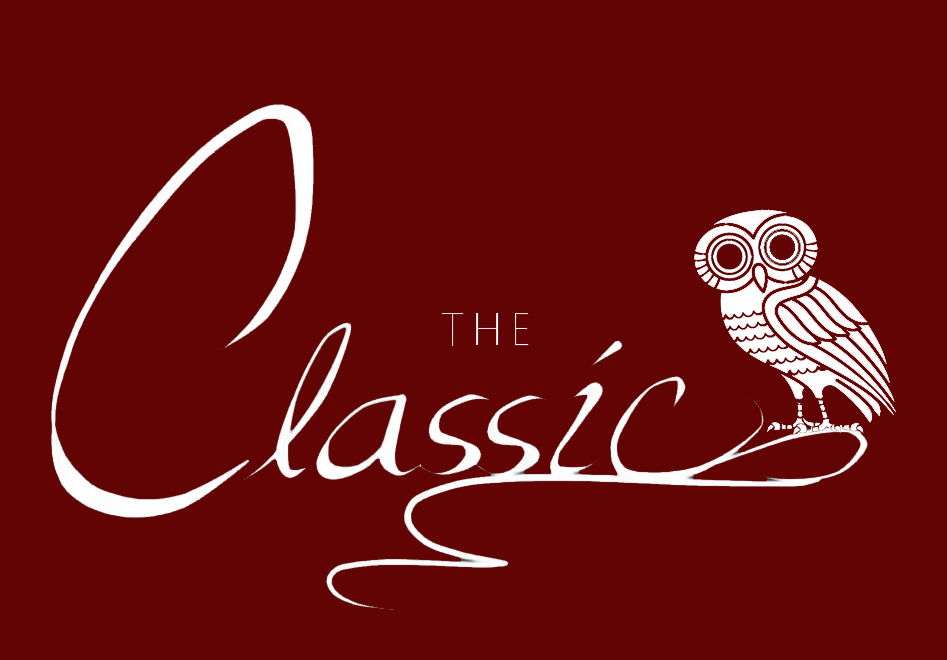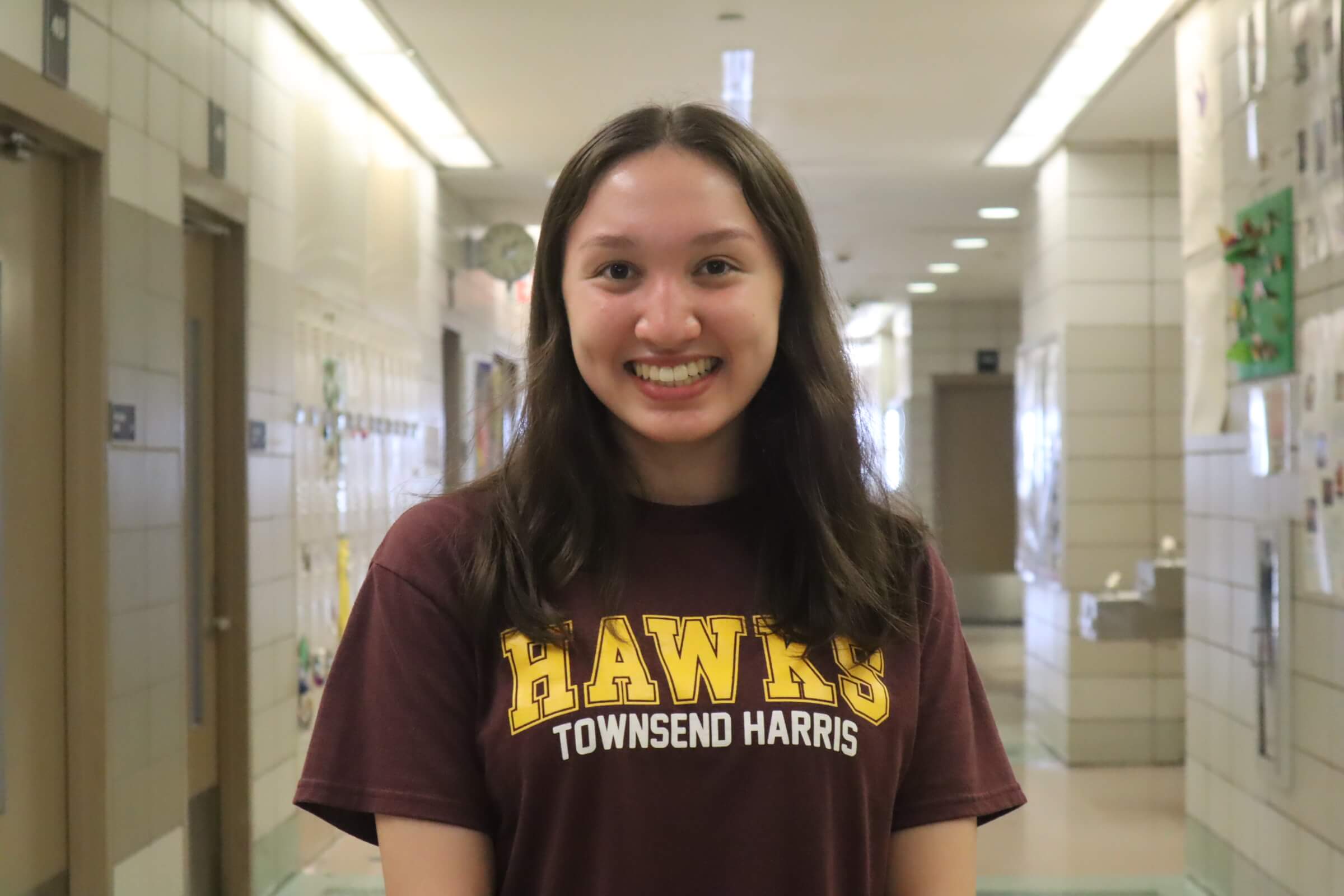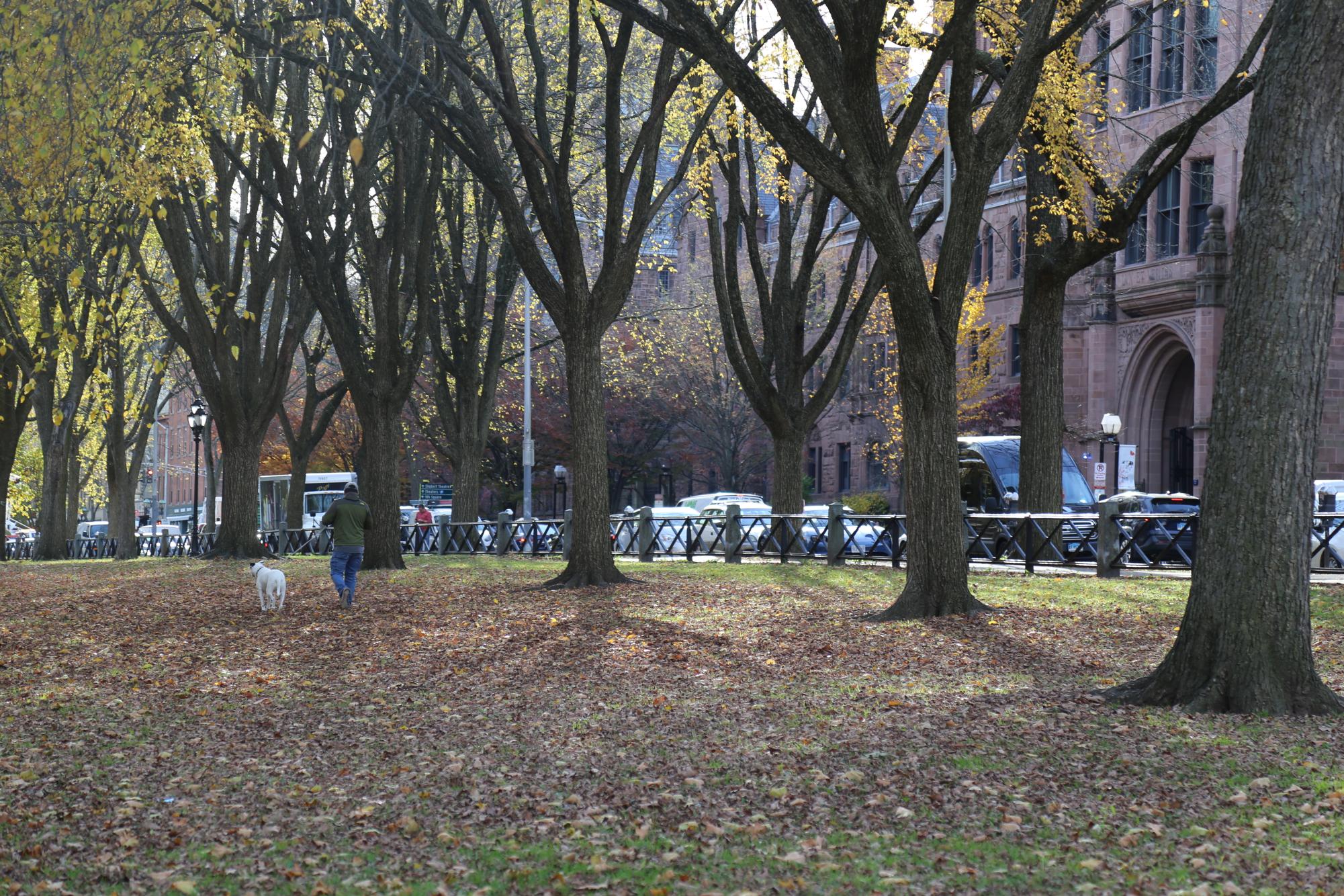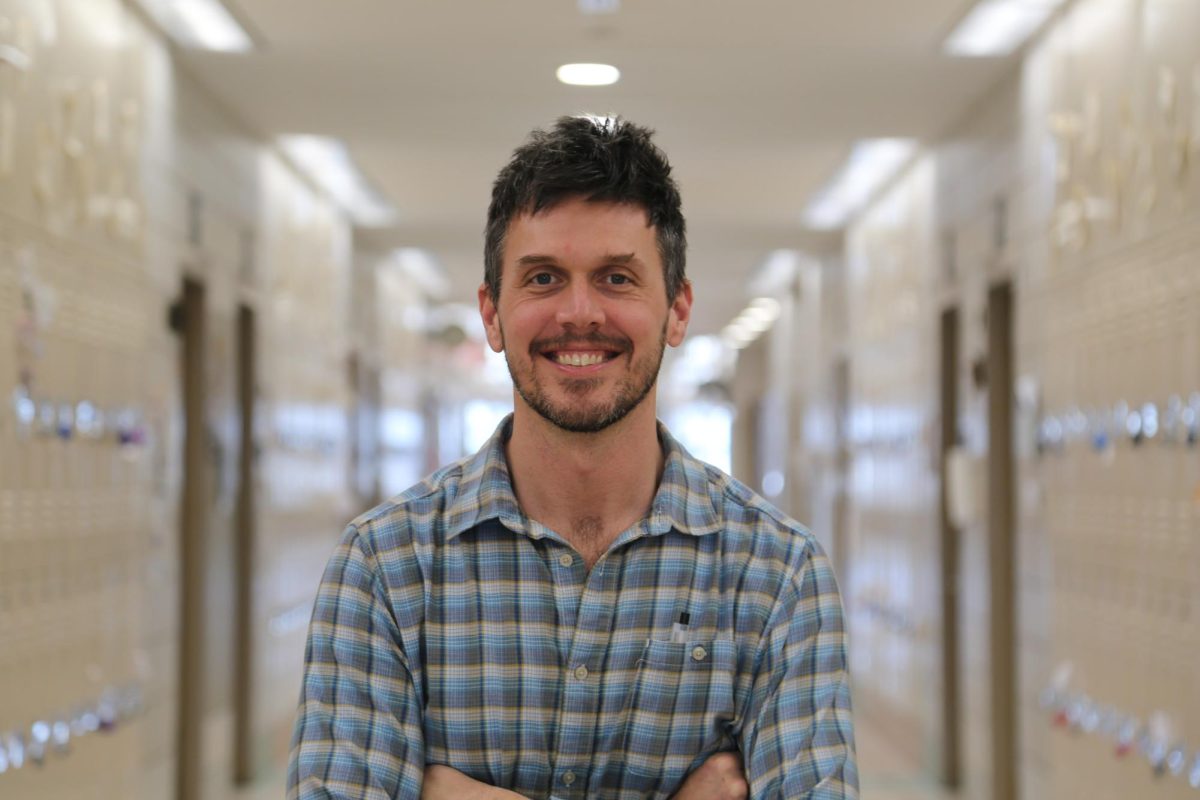
The 2024 college application season was unlike any other. With the Supreme Court’s overturning of affirmative action came new essay prompts and greater uncertainty. Later, after the class of 2024 sent in applications, major institutions began to announce a return to mandatory standardized testing after years of “test optional” policies. A change in the Free Application for Federal Student Aid (FAFSA) application process led to months of delays. However, perhaps the largest shift took place on the student side of the application process as generative Artificial Intelligence (AI) became widely available to applicants writing their personal essays. More than any other, this change tested students during an already uncertain application season.
Students have historically relied on teachers, friends, and other mentors for guidance on the long and grueling college application process, whether that includes help with brainstorming supplemental essay ideas, or simply providing emotional support. However, students now also have access to ChatGPT and other AI platforms, which some have turned to for aid in their applications to varying extents.
The Classic conducted a survey of members of the THHS class of 2024 to gain more insight into sources students rely on for college application advice, and to determine how much the use of ChatGPT factored into the college admissions cycle for THHS seniors. According to the survey, 22.8 percent of the 114 seniors surveyed said that they used AI in some capacity to help them with their college applications, relying on platforms that range from ChatGPT’s generative system to built-in tools like Grammarly.
It is important to note, however, that despite surveying over a third of the senior class through an anonymous form, students might have still felt hesitant to admit to using ChatGPT. The Classic spoke to eight students about whether or not they sometimes lie on surveys such as the one The Classic administered about ChatGPT, even if it is said to be anonymous, something which all of the students interviewed admitted to doing. Senior Camila Estevez said, “I do lie sometimes out of fear that I am putting myself at risk for future interrogation.”
Given this, though over 20 percent of the students surveyed admitted to using ChatGPT to help them produce their personal essays, it’s possible the number is higher.
With the widespread availability of platforms like ChatGPT, certain colleges have already taken action. For instance, Duke University announced in February that admissions officers will no longer give a numerical score to essays for college admissions because of the rise in the use of artificial intelligence tools and college advisors; rather than the quality of the writing, they will now only focus on the content of the essay.
Agreeing with Duke’s decision, Camila said, “I don’t believe that AI should be used for supplemental essays because it eliminates the personality that colleges look for within the writing.”
One senior who spoke to The Classic called himself an“avid” user of Chap GPT. He said he used AI assistance during the college application process to help generate ideas. However, he said “it’s very unethical if you use [Chat GPT] to generate something in full without your own thoughts.”
Despite consulting AI during the brainstorming process, this senior argues that the work is still ultimately his because in the end, he has “editorial control” when producing both the common application essay and supplemental essays. He said, “[ChatGPT] saves me a lot of time to do other things that I find important like spending time with friends and family and playing sports. It saves me time and enhances my work.”
Another senior who admitted to using ChatGPT said, “I would put the main ideas of what I wanted in [ChatGPT] and the general prompt; I would get ideas on how I could weave my story and make it compelling. It was helpful.”
A third senior said that she consulted ChatGPT, but it was ultimately unhelpful. She said “it gave [her] such generic feedback on [her] essay” that it did not have much of an impact on the final essay.
Jessica Graf, Assistant Principal of Guidance, said she foresees further potential changes to the college admissions process because of AI.
“If it’s becoming a trend that AI is used more for the completion of those more unique or personalized [essays], I would venture to guess that colleges might put more emphasis on other ways that they can get to know students personally,” she said. “Maybe that means interviews would be required to make sure you are the person that’s represented on that piece of paper.”
THHS guidance counselor Sara Skoda said that although AI can be helpful in certain areas, there are also limitations to it that should be addressed. She said, “I think it gives people a lot of access [to writing help]. So there are a lot of good uses with AI. [However], the overuse of it is what I would be more worried about.”
Science teacher Katherine Cooper, who regularly writes recommendations for her THHS students, said that AI can be useful to help writers find a “jumping off point,” but not for anything further. She said, “At the end of the day, it comes down to vocabulary. AI won’t be able to replace the ability to judge what the words mean, and you won’t get to a place where it’s as logical as it should be.”
English teacher Katherine Lipinski said, “When you use AI for writing, it makes it less genuine and less personal. And the college essay by its very nature is meant to be this expression of personal identity. So AI inherently undermines that.”
English teacher and Classic advisor Brian Sweeney, who helps train THHS Writers Academy seniors to tutor other seniors in college essay writing, said that students should avoid ChatGPT. “Some educators have rushed to claim generative AI is just another tool for writers. This seems different to me. It’s not like other new technologies that English teachers may have freaked out about in the past,” Mr. Sweeney said. “I think that right now, we have to say as a school that any uncited consultation of generative AI during any phase of the writing process is cheating, plain and simple. You are all capable of doing this without AI, and the risks of using it and rendering your writing style suspect far outweigh the rewards.”
In The Classic’s survey, about 40 percent of students said that using AI in college applications is not ethical. An AI tool used as much as ChatGPT, according to the survey, was Grammarly. Grammarly is most commonly used for checking grammar, spelling, and punctuation in essays. It is also able to change the writing style of the user as it suggests various replacements and even has generative AI features. Although many consider Grammarly as just a tool, it is still capable of altering and adding to one’s essay to a great extent using AI.
Senior Shranaya Kumar said, “Grammarly is still considered AI and can alter a student’s words greatly, so I do believe it is unethical to use it in classrooms and college apps.”
However, other students such as Senior Ellison Daone said, “The use of AI, including Grammarly, is very subjective. I don’t consider the way I use Grammarly to be cheating… It all comes down to how you use them. There is a difference between using AI for inspiration or correcting simple grammar errors versus prompting it to write entire papers. I consider the latter to be cheating.”
While Grammarly is a norm amongst most students, they also often turn to human help: 98 percent of the students surveyed said that human help is more beneficial than AI. Senior Ioanna Giannopoulou said, “My mom was a huge help [in the application process], as she knew who I was, my personality, and what I should highlight about myself, whereas an AI would generalize it and doesn’t know me at all.”
When asked if a college advisor (a consultant that families pay to guide applicants through the admissions process) would have been beneficial in this process, Shranaya said, “[AI] cannot give you original and helpful feedback on a personal essay like a real human can. However, I think the accessibility of both these materials should be taken into account. AI is free while college advisors may cost a lot, posing a challenge for low-income students.”
A fourth anonymous senior who used a free outside community program said, “I think human help was more helpful for me in the process [than AI help] because I was able to directly compare myself to the writing of people who have already gotten into these places, whereas the AI generation of writing is basic and lacks personal sense that only a human can have.”
In the survey, nearly 9 percent of students said they had a college advisor who helped them throughout their college application process.
An article in Intelligencer, a news site run by New York Magazine, cited a survey of Harvard University’s current freshman class that said that 23 percent of respondents had private consultants when applying to college. According to the article, “The gap widens once income is considered: About 30 percent of respondents from families earning half a million dollars or more per year hired a consultant, compared with just 6 to 7 percent of respondents from homes with incomes of $125,000 or less.”
With that 6-7 percent similar in number to the near 9 percent of students in The Classic survey who said they had college consultants, it’s possible that students without the resources to hire human advisors during the stressful admissions process will be more likely to use platforms such as ChatGPT, attempting to improve their college applications and level the playing field. But would it even level the playing field, or might it do the opposite and weaken applications by reducing the kind of personality and voice that can strengthen applications?
Ms. Lipinski said, “I don’t think that AI is capable at this current moment of providing the same kind of personalized support that someone like a college essay advisor would be able to provide. If anything, I think that thinking that it does is sort of doing a disservice to students.”
While AI might not be able to replicate human advice, some still view it as convenient.
Senior Sandra Sandoval, however, noted that college advisors might not always be the best option for students. She said, “When a college advisor can only offer assumptions on the college process… I think it would be more beneficial to use AI, which is much less of an expense (if not completely free).”
Ellison agreed that college advisors might not be a feasible resource for many. “Weighing the costs and benefits of hiring a college advisor, I personally don’t see the value in it. During an era where there are so many free, online resources for college help and guidance, spending money on an advisor isn’t practical for the average, middle or low-income student. As for how AI plays into this, I do think there is some value in using AI to brainstorm ideas for college supplements, but I draw the line (for my use of it) at writing them for me,” she said.
“Generative AI has already changed rapidly since its release,” said Mr. Sweeney, “and it has evolved faster than educators can train on how to even talk about it, much less use it effectively. I think, however, that it’s time we really talk more directly about the different issues that it raises and help students make ethical and effective decisions.”

